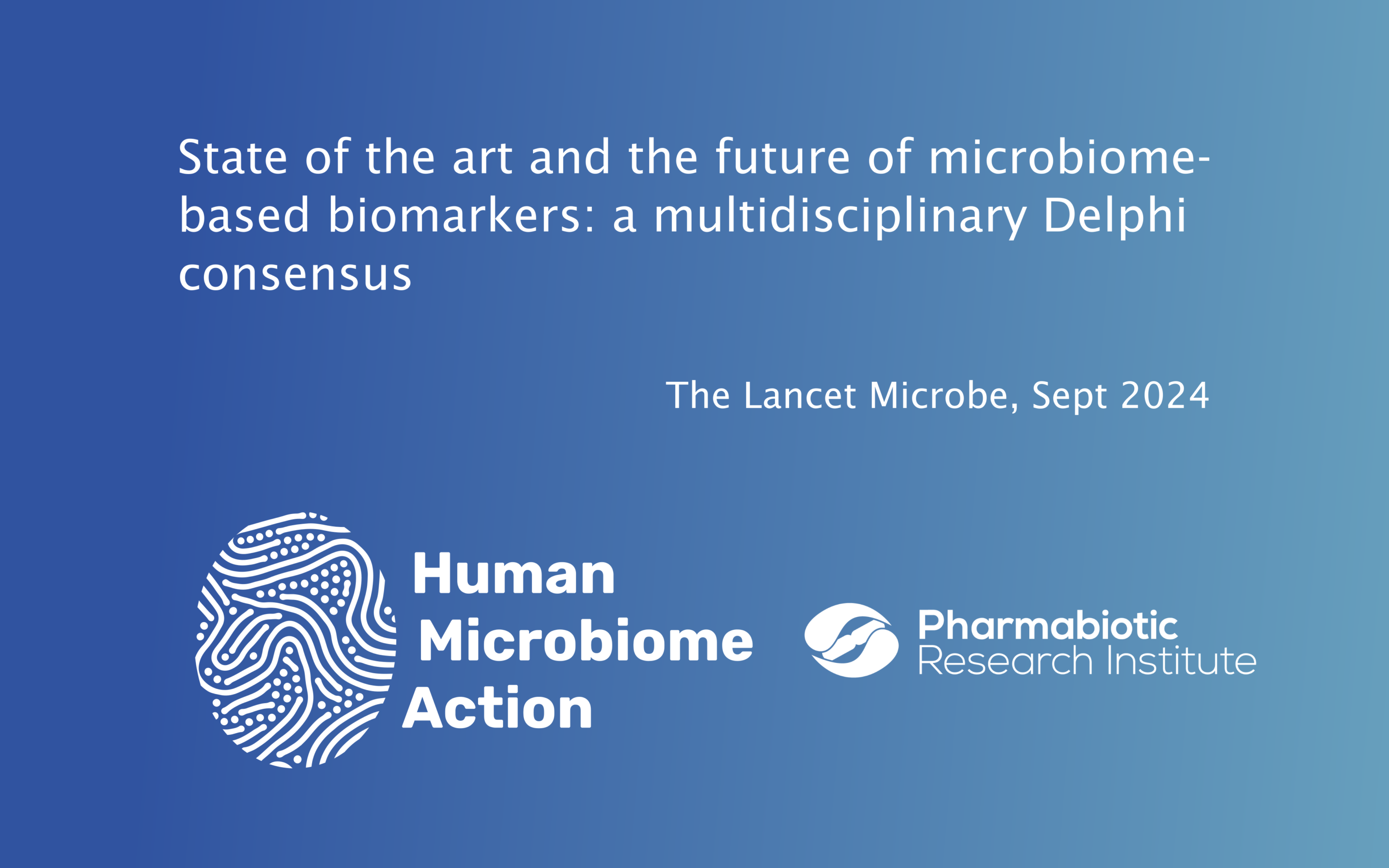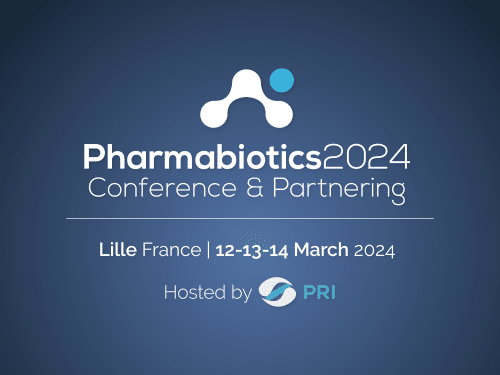On 14 July 2022 the European Commission published a draft proposal of its revision to the Blood Tissues and Cells (BTC) legislative framework.
Following the announcement of the revision to the BTC legislation in 2019, it became apparent that this updated legislation would have a fundamental impact on those developing future products based on derived from human maternal milk or human intestinal microbiota/human fæcal material.
It is now clear that this legislative revision, which has been formulated as a Regulation (see the distinction between a ‘Directive’ and a ‘Regulation’ here), will cover all types of human-sourced microbiota.
The Pharmabiotic Research Institute (PRI), EU Microbiome Regulatory Science Center, was invited to share its expertise on microbiome science and more particularly the impact that such a change could have on developers of future microbiome-based medicinal products whose starting substance(s) are from human origin.
From the EU Commission’s press release on the subject,
While the current legislation has improved safety and quality in this field since it was adopted and implemented some twenty years ago, an evaluation carried out in 2019 identified a number of gaps and shortcomings. In particular, new infectious disease risks had emerged in the meantime and technologies for processing blood, tissues and cells have developed rapidly, with the legislation not keeping pace with these changes. In addition, it was concluded that donors were not given a high enough priority in terms of health protection and that the legislation was being applied in quite a variable way across the EU.
The proposed Regulation takes into account the unique nature of this sector, where therapies are often provided by public health services and availability of therapies for citizens depends on the public willingness to donate blood, tissues, cells and other human substances for the benefit of others.
The draft proposal of the regulation on standards of quality and safety for substances of human origin intended for human application is available online here.
Find out more about the PRI’s work on this important legislative revision – Representation.





